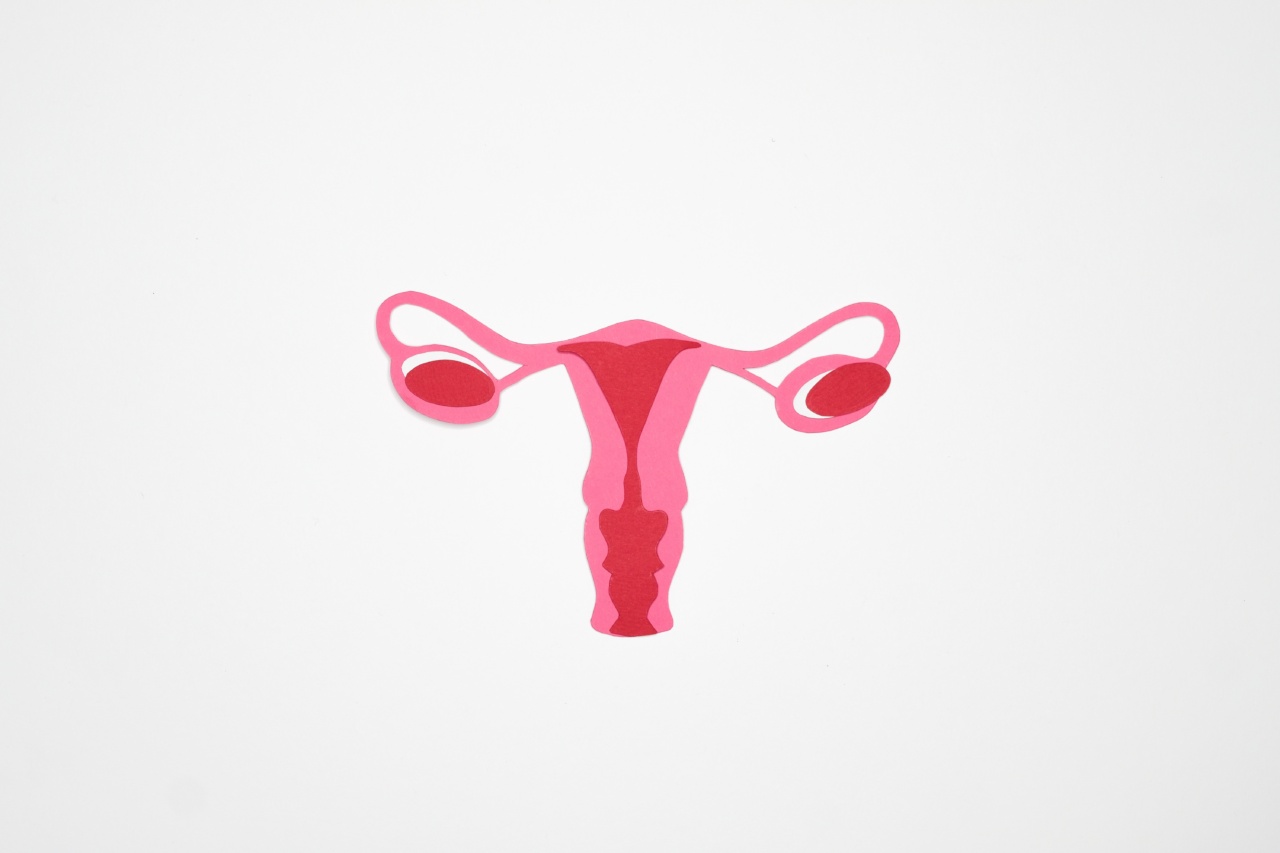Endometriosis is a medical condition characterized by the growth of endometrial tissue (the tissue that lines the uterus) outside the uterus. This abnormal growth can lead to chronic pain, heavy menstrual bleeding, and infertility.
While endometriosis affects approximately 10% of women of reproductive age, its cause is still unknown.
The Impact of Endometriosis on Fertility
The most significant effect of endometriosis is how it affects a woman’s fertility.
Women with endometriosis are more likely to have difficulty conceiving, due to issues such as blocked fallopian tubes, adhesions, or the presence of endometrial tissue in the ovaries. The severity of the endometriosis does not necessarily correlate with infertility, but the location and extent of the tissue growth can affect a woman’s ability to become pregnant.
The presence of endometriosis can also impact the quality of the eggs that are produced. Women with endometriosis have a greater risk of producing abnormal eggs, which can lead to difficulty conceiving or increased risk of miscarriage.
Diagnosing Endometriosis
Diagnosis of endometriosis is often delayed due to a lack of awareness of the condition and the similarity of symptoms to other conditions.
Symptoms of endometriosis include pelvic pain, painful periods, pain during intercourse, and heavy menstrual bleeding. To diagnose endometriosis, a doctor may perform a pelvic exam, ultrasound, or laparoscopy.
Treatment Options for Endometriosis
Treatment for endometriosis depends on the symptoms and severity of the condition. Pain medication and hormone therapy may be used to manage symptoms, but surgery is often required to remove the endometrial tissue.
In some cases, a hysterectomy (removal of the uterus) may be necessary, but this is typically only recommended as a last resort.
Alternative Treatment Options
In addition to traditional treatments, some women find relief from endometriosis symptoms through alternative therapies such as acupuncture or herbal remedies.
While these therapies may not be effective for everyone, they may be worth exploring for women who do not want to undergo surgery or hormone therapy.
Lifestyle Changes to Manage Endometriosis Symptoms
There are also lifestyle changes that women with endometriosis can make to help manage their symptoms. Eating a healthy diet, getting regular exercise, and getting enough sleep can all help alleviate pain and inflammation associated with endometriosis.
Stress management techniques such as yoga or meditation may also be helpful.
The Importance of Early Diagnosis and Treatment
Early diagnosis and treatment of endometriosis is crucial in preventing long-term complications such as infertility or chronic pain.
Women who experience symptoms of endometriosis should speak to their doctor as soon as possible to get an accurate diagnosis and begin treatment.
Conclusion
Endometriosis is a common condition that can have significant implications for reproductive health. While there are effective treatment options available, early diagnosis and treatment are essential to prevent long-term complications.
Women with endometriosis should speak to their doctor about their symptoms and explore all available treatment options to ensure the best possible outcomes for their health.





























